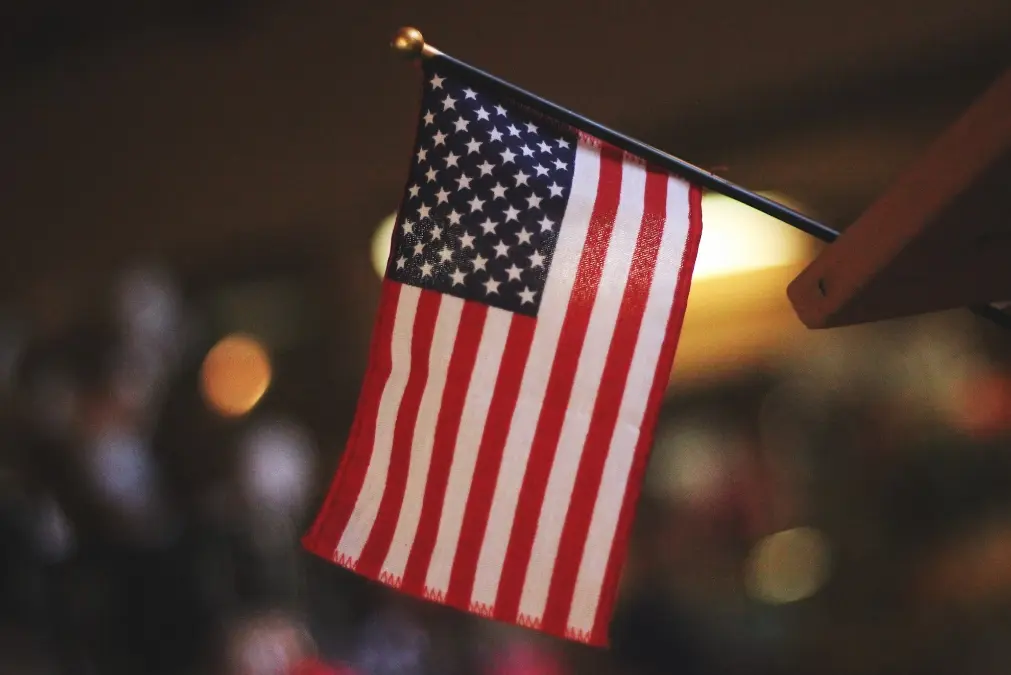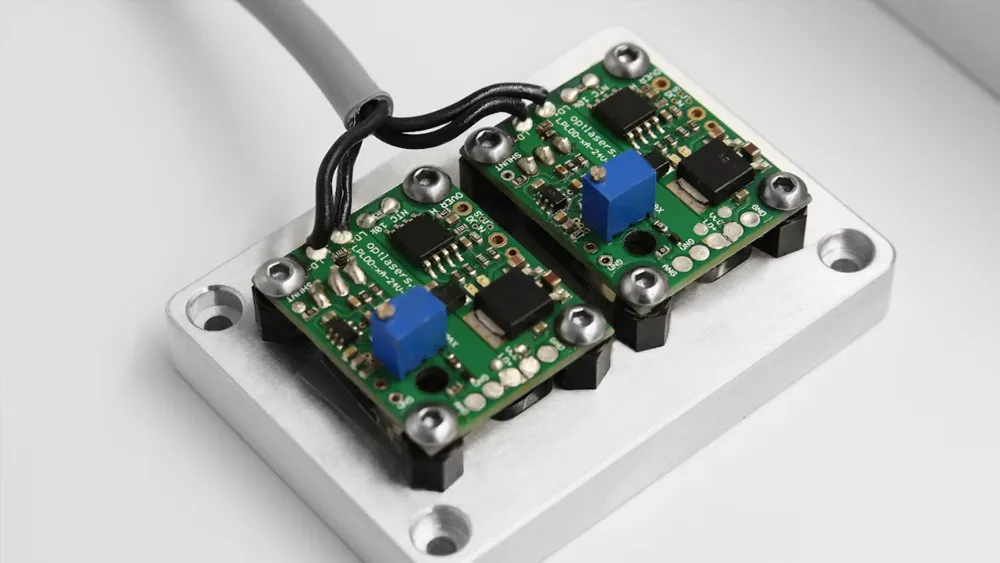
Is CE Certification Recognized in the USA?
If you are currently selling electronic devices in the European Economic Area (EEA), you may already have completed the CE certification process. Achieving the European Conformity (CE) requirements involves testing your device to ensure compliance with EU standards.
Unfortunately, while the CE mark serves as a regULatory passport for your electronic products in Europe, granting access to the entire single market, it does not automatically allow your products to be sold in the USA.

The good news is that U.S. electronic regulations are relatively straightforward. If your device is already CE-certified, meeting U.S. standards is often a simple process.
Below, we explain the role of CE certification in the U.S. market and how electronic devices must pass FCC certification to be sold in the USA. We also discuss the typical process of completing ce testing and achieving compliance for electronic devices, from testing to a Declaration of Conformity (DoC) or certification.
CE Certification and the U.S. Market: Basics
The CE mark indicates that a product complies with EU regulations regarding safety, health, and environmental protection. Nearly all electronic devices sold in the EU and EEA require the CE mark.
Some regions allow CE-compliant products to be sold without additional testing or compliance requirements. However, the CE mark is not applicable in the USA. Electronics with CE certification must pass U.S. electrical compliance testing before they can legally enter the U.S. market.
The USA has its own regulatory framework for electronic devices. Most electronic or electrical products sold in the USA are regulated by the Federal Communications Commission (FCC), which sets specific performance standards for devices. Notably, the FCC regulates most devices that emit radio frequency energy under Part 15 of its rules (a section of Title 47 of the Code of Federal Regulations).
CE Certification vs. fcc compliance
What does this mean in practice? While the legal terminology behind U.S. electronic regulations may seem complex, the process is straightforward. Before entering the U.S. market, your device must undergo lab testing to ensure it complies with fcc standards.
FCC compliance is more specific in scope than ce compliance. The CE mark is a broader certification covering various aspects, such as health, safety, and environmental protection. In contrast, FCC compliance focuses primarily on electromagnetic compatibility (EMC).
The FCC aims to prevent electronic devices from causing electromagnetic interference (EMI) or failing when affected by other devices' EMI. These concerns are also part of EU regulations, such as the EMC Directive. However, even if your device is CE-certified, you must complete independent testing to comply with FCC rules.
This involves partnering with an accredited test lab, preparing reports for your device, and completing certification or a Declaration of Conformity (DoC). Below, we break down the process to help you achieve FCC compliance and enter the U.S. market with your electronic device.
How to Gain Access to the U.S. Electronics Market
1. Identify FCC Requirements for Your Product
The first step in achieving FCC compliance and entering the U.S. market is determining which FCC rules apply to your device.
Most electronic devices are regulated under fcc part 15, which specifies emission and immunity standards. These standards vary based on the type of device, with separate rules for intentional radiators (e.g., phones or Wi-Fi devices) and unintentional radiators.
Our guide on FCC Class A vs. Class B devices explains how the FCC categorizes devices based on their use and design. Not sure if your device is an intentional or unintentional radiator? We can help.
2. Testing and Documentation
The next step is testing your electronic device for FCC compliance. This process involves working with an accredited test lab to verify that your device meets the standards outlined in FCC Part 15 (or other applicable FCC regulations).
fcc testing measures the device's radiated and conducted emissions, which are emissions generated via electromagnetic fields or wiring. It also evaluates your product's tolerance to emissions from other devices, known as immunity.
As an accredited Electrical Testing lab, we can guide you through the testing process and ensure your device meets all FCC standards for legal sale in the USA.
After testing, you will receive test reports and other documentation required for FCC compliance.
3. Certification and FCC Labeling
Depending on your product category, you may need to file a Declaration of Conformity or apply for FCC certification. Our team can assist you in understanding which option applies to your device and what steps to take after testing.
Once approved, your electronic device must display the FCC mark to indicate full compliance with all applicable FCC regulations.
4. Maintaining Compliance
After completing testing and labeling your product with the FCC mark, staying updated on FCC regulations is crucial. Standards may change over time, so you must proactively ensure that your device remains compliant throughout its lifecycle.
Ongoing compliance is especially important if your product evolves, incorporates new technology, or undergoes design changes that could affect compliance.
Email:hello@jjrlab.com
Write your message here and send it to us
 Canada ISED Certification RSS-247 Standard Testing
Canada ISED Certification RSS-247 Standard Testing
 What Are the Product Compliance for Amazon Austral
What Are the Product Compliance for Amazon Austral
 Australia IoT Security Compliance
Australia IoT Security Compliance
 V16 Warning Light EU EN 18031 Cybersecurity Certif
V16 Warning Light EU EN 18031 Cybersecurity Certif
 Japan IoT Security JC-STAR Certification
Japan IoT Security JC-STAR Certification
 FCC SDoC Compliance Information Statement
FCC SDoC Compliance Information Statement
 What Does FCC SDoC Certification Mean?
What Does FCC SDoC Certification Mean?
 What is Bisphenol A (BPA) Testing?
What is Bisphenol A (BPA) Testing?
Leave us a message
24-hour online customer service at any time to respond, so that you worry!




